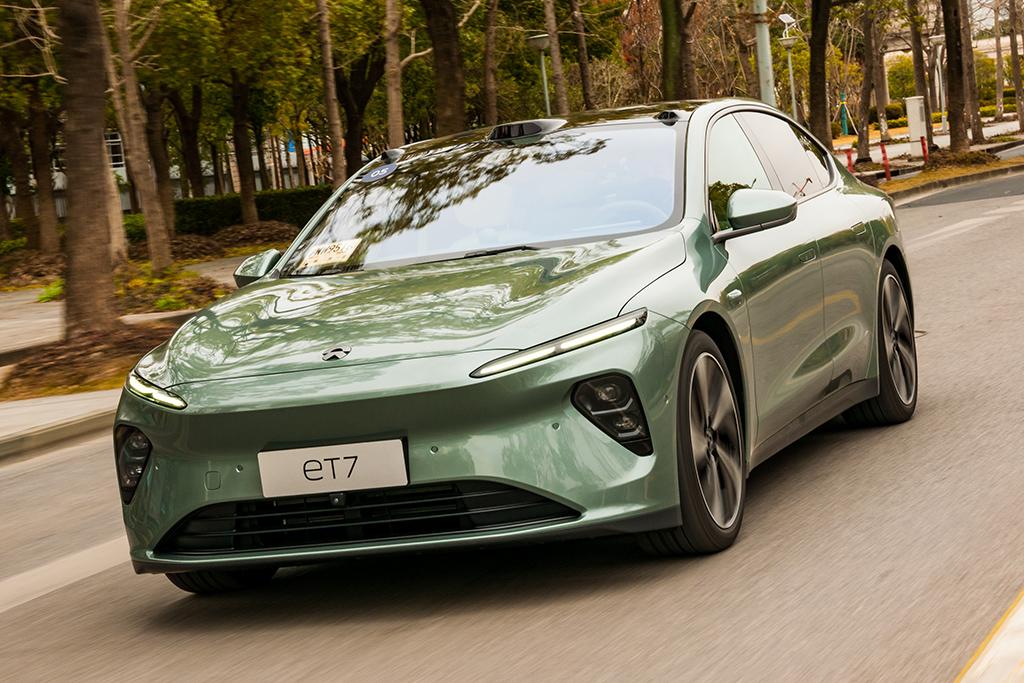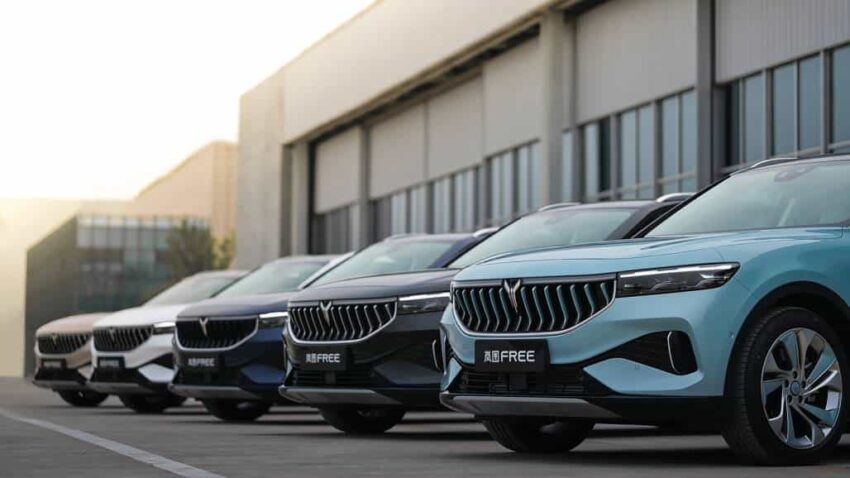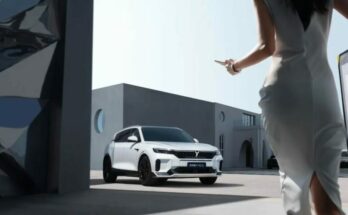European tariffs on Chinese-made electric vehicles took effect on Wednesday after negotiations between both sides failed to reach an agreement. The new policy imposes import taxes of up to 45.3% on certain Chinese EVs, a move expected to have significant industry-wide impacts.
These tariff hikes followed a thorough investigation by the European Commission and have been in the works for some time. The rates vary by company based on their level of cooperation with EU authorities. For instance, SAIC, the parent company of MG, faces the steepest increase, with an additional 35.3% on top of the existing 10%. Meanwhile, BYD is seeing an extra 17% tariff, and Geely’s rates have risen by 18.8%.
Related: Stellantis CEO Calls for Increased Tariffs on Chinese Cars
As the new tariffs came into effect, Reuters reported that China’s Ministry of Commerce had advised local car manufacturers to halt investment plans in countries that supported the tariffs.

According to unnamed sources, carmakers have been “encouraged” to focus their investments on countries that opposed the tariffs and to be cautious with investments in those that abstained. Ten EU members, including France, Poland, and Italy, backed the import taxes, while 12 countries abstained. Five members, including Germany, the world’s third-largest economy and a key player in the automotive industry, opposed the tariffs.
Related: Normalizing Trade with India, Can Automobile Market Witness a Turnaround?
The Ministry of Commerce’s push for Chinese car manufacturers to halt investments in countries that approved the steep tariffs could spell trouble for Italy and France. Both nations have been actively courting Chinese car brands in recent months but voted in favor of the tariff increases. SAIC is set to open a parts center in France by the end of the year, and Italy has been in talks with companies like Chery and Dongfeng Motor to attract investment.

In contrast, BYD seems to have made a strategic move well in advance. Long before the tariffs were even rumored, the company committed to building a factory in Hungary, a country that voted against the import taxes. BYD is also reportedly considering relocating its European headquarters from the Netherlands to Hungary—a decision that now appears not only savvy but possibly foresighted.

Responsible for delivering local & international automotive news.




